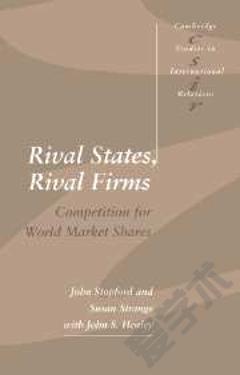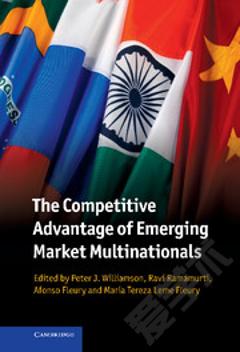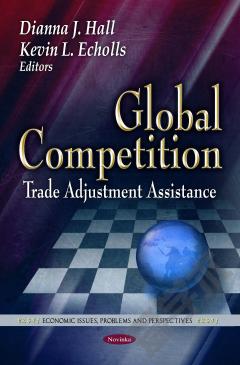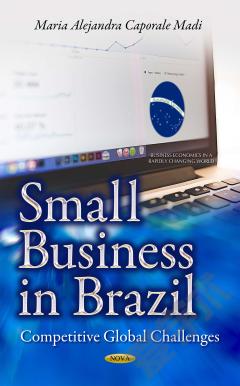Rival States, Rival Firms: Competition for World Market Shares
In this theoretically original work, two distinguished authors explore the mutual interdependence of states and firms throughout the world. They show how global structural changes - in finance, technology, knowledge and politics - often impel governments to seek the help and cooperation of managers of multinational enterprises. Yet, as Professors Stopford and Strange demonstrate, this is constrained by each country's economic resources, its social structures and its political history. Based on grass-roots research into the experience of over 50 multinationals and more than 100 investment projects in three developing countries- Brazil, Malaysia and Kenya - the authors develop a matrix of agendas. They present the impact on projects of the multiple factors affecting the bargaining relationships between the government and the foreign firm at different times and in a variety of economic sectors. In conclusion they offer some guidelines for actions to both governments and firms and some points to future interdisciplinary research.
{{comment.content}}








 京公网安备 11010802027623号
京公网安备 11010802027623号